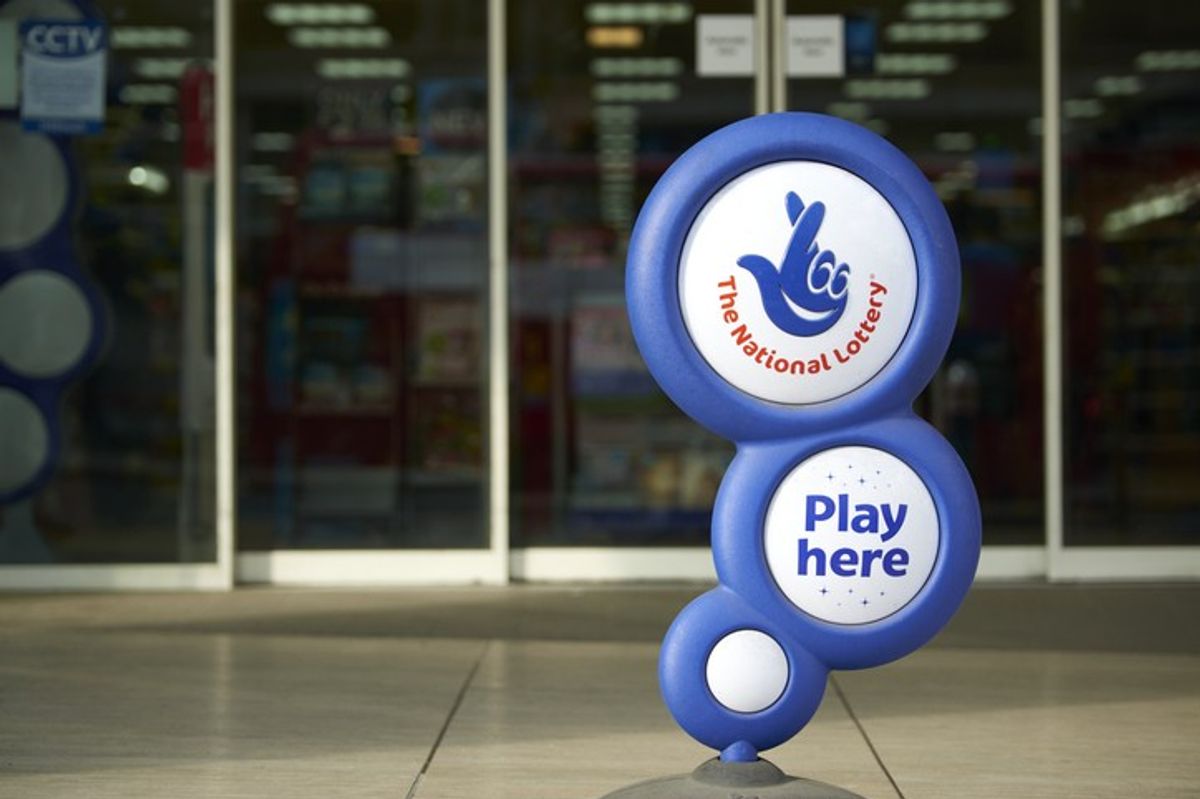Allwyn, operator of The National Lottery, has announced that it has completed its largest terminal installation project to date after equipping over 300 new forecourts owned by Motor Fuel Group (MFG) with National Lottery terminals.
From Inverurie in Scotland, to Caerphilly in Wales and Plymouth in England – the large-scale project spanned 337 Morrisons Daily petrol sites right around the UK and expands access to the full portfolio of National Lottery games at this supermarket giant.
Allwyn and MFG worked closely together to meet MFG’s objective of refitting the Morrisons Daily sites at a rate of around 15 store openings per week from May until the end of October, ensuring that The National Lottery traded immediately from launch.
The project represents the single largest terminal install project since Allwyn took over as operator of The National Lottery on 1 February 2024. It also helped achieve the highest rate of National Lottery terminal installations per week for over five years, with total installs across the retail estate since May peaking at 36 per week.
The majority of the terminals installed at the MFG sites are standard National Lottery terminals, with a small number of compact terminals installed at some of the sites.
The rollout forms another element in Allwyn’s total overhaul of the entire 40,000-strong National Lottery retail estate, which is well underway. This involves equipping retail partners with the latest innovative kit, including a modern, sustainable new suite of Permanent Point of Sale (PPOS); a new network provided by Vodafone; state-of-the-art lottery terminals; and enhanced software. All of this will help with Allwyn’s plans to deliver responsible growth for The National Lottery to ensure it generates more money than ever before for Good Causes.
Allwyn has invested more than £350 million into its comprehensive plan to transform The National Lottery by substantially improving its operations and technology. Its investment and innovation will provide a springboard to create more engaging games, attracting more players, producing more winners, and – crucially – generating more money for National Lottery-funded projects.
Allwyn’s Interim Retail Director, James Dunbar, said: “We’re incredibly pleased with the results of this project. Delivering over 300 terminals in such a short period of time and working to meet the timeframes of MFG’s ambitious refit project has taken commitment and excellent co-operation from the teams at Allwyn and MFG. It also directly links back to our ambitions to continually adapt to the changing retail landscape and drive convenience for players.
“The results of this project, with over 300 Morrisons Daily forecourts now trading The National Lottery, will help with our plans to deliver even more than the current £30 million, on average, raised every week for National Lottery Good Causes.”
“We are delighted with the collaborative approach from Allwyn to work closely with our teams at MFG to ensure a successful rollout of the National Lottery in all of our 337 Morrison’s Forecourts," said MFG’s Managing Director, Steve Fox. "It’s important for us to have The National Lottery in every one of our sites to offer a great consumer experience. Thank you for the combined efforts of all involved from both Allwyn and MFG to make this happen as we completed our rollout programme.”

